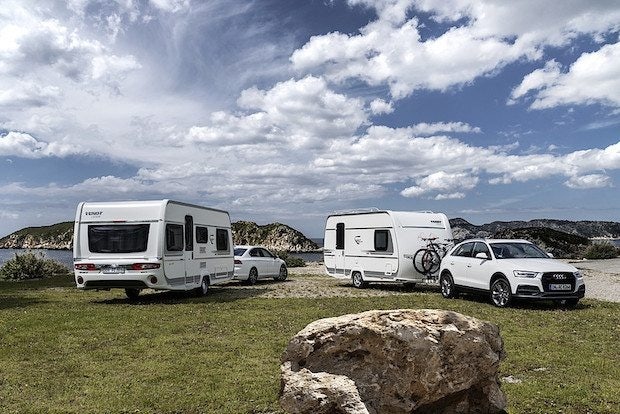
Affluent Chinese tourists may attract headlines and hand-wringing for their lavish spending, exponentially growing numbers, and bad behavior, but less over-the-top are the millions who stay at home and explore their own country. In recent years, Beijing has invested heavily in efforts to double domestic spending on tourism by 2020, with a goal of throwing some 5.5 trillion yuan ($894 billion) at developing infrastructure within the next five years.
By then, China hopes that tourism will account for more than 5 percent of GDP, spurred by more frequent trips by domestic travelers. Also part of the government’s 2020 plan is an increase in the number of holidays allowed to Chinese workers per year—4.5 within the next five years, up from an average of 2.5 in 2013.
Key areas of investment include environmental and cultural protection—already of crucial importance as domestic tourists clog popular destinations—as well as limits on the number of tourists allowed at certain sites, and better parking infrastructure. (Also vital, as millions of domestic tourists are able to self-drive.)
It’s the latter point that is spurring the growth of new domestic markets, like the recreational vehicle (RV, or caravan) industry, in China. China’s growing middle class is spending more time and money on outdoor travel, from hiking and camping to mountain-climbing, and RV manufacturers and retailers are keen to cultivate the same “on the road” culture in China that they have in Europe, the United States, and Japan.
As Stefano Bonometti, the Italy-based China area manager for German RV makers Hobby and Fendt, put it this week at Caravan Salon Dusseldorf, “If RVs are popular in other parts of the world, why not in China?”
Part of the answer to Bonometti’s rhetorical question is a dearth of RV parks and resorts, as well as underdeveloped road and support infrastructure (service areas, refilling stations, after-sales service). That said, campsite and facilities construction has exploded in recent years, owing to strong domestic demand for outdoor vacations. The China Association of Automotive Manufacturers said that the number of developed campsites nationwide is on track to hit 500 this year (up from only 40 in 2010), and that number is expected to balloon to 10,000 within the next five years—a lofty ambition.
As always in China, something only officially becomes a trend when the government clamps down on it. Accordingly, last month China’s State Council issued new guidelines for self-driving motorhomes as well as campsite construction. While it’ll likely be several years (or decades) before China’s caravan culture becomes more than a blip on the global screen, it’s clearly an area to watch.
